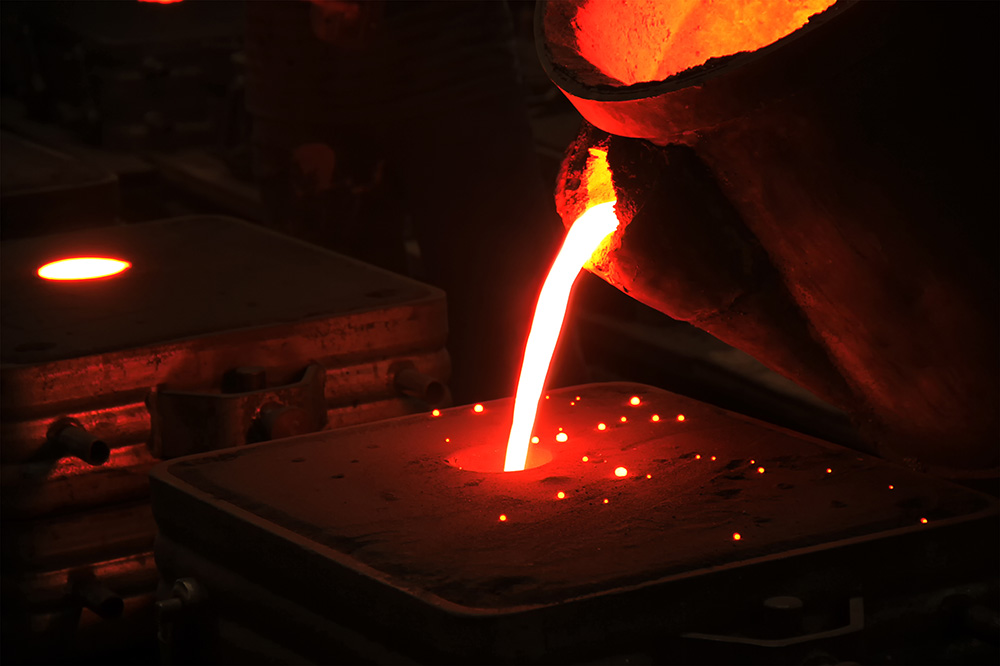The metal casting process generates a variety of byproducts during casting, finishing, and machining. These byproducts can often be reused onsite, or they can find new life through offsite recycling and reuse. Below is a list of common metal casting byproducts and their potential for beneficial reuse:
Metalcasting Byproducts with Reuse Potential
• Sand: This includes both “green sand” and core sand, which are used in molding processes.
• Slag: A byproduct from the melting process, which can be used in construction or as an aggregate.
• Metals: Scraps and excess metal can be melted down for reuse.
• Grinding Dust: Fine metal particles produced during finishing processes.
• Blast Machine Fines: Debris collected from blasting equipment.
• Baghouse Dust: Particles captured from air filtration systems.
• Scrubber Waste: Waste from air pollution control devices.
• Spent Shot Beads: Used in sandblasting and peening processes.
• Refractories: Heat-resistant materials from furnaces.
• Electric Arc Furnace Byproducts: Includes dust and carbide graphite electrodes.
• Steel Drums: Used to transport materials and can be recycled.
• Packing Materials: Includes containers and packaging used in shipping.
• Pallets and Skids: Wooden structures used for moving goods.
• Wax: Residual from casting processes.
• Used Oil and Oil Filters: Includes oil-contaminated sorbents and rags.
• Universal Wastes: Such as batteries, fluorescent bulbs, and mercury-containing devices.
• Heat: Excess heat generated by processes, which can be captured and reused.
• General Recyclables: Such as paper, glass, plastics, aluminum cans, and other metals.
Reducing waste involves finding innovative ways to reuse or recycle these byproducts. This can be achieved by establishing onsite recycling programs or finding offsite markets interested in these materials.
Spent Sand: A Significant Byproduct
Among the byproducts, spent sand contributes the most by volume and weight, making it a key focus for beneficial reuse. The metal casting industry often repurposes this sand for construction projects or other industrial applications.
Recycling Across the Metal Casting Process
The metal casting industry practices recycling at all stages of production. This includes:
• Recycled-Content Feedstock: Purchasing materials and components that contain recycled content.
• Internal Recycling: Reusing a variety of materials within melting and molding processes.
• Recyclable Products: Designing products that can be recycled at the end of their life.
• Secondary Markets: Providing usable byproducts to other industries or applications.
Overall, the metal casting industry is continuously exploring ways to minimize waste and promote sustainable practices through effective recycling and reuse of byproducts.
Post time: Apr-22-2024




